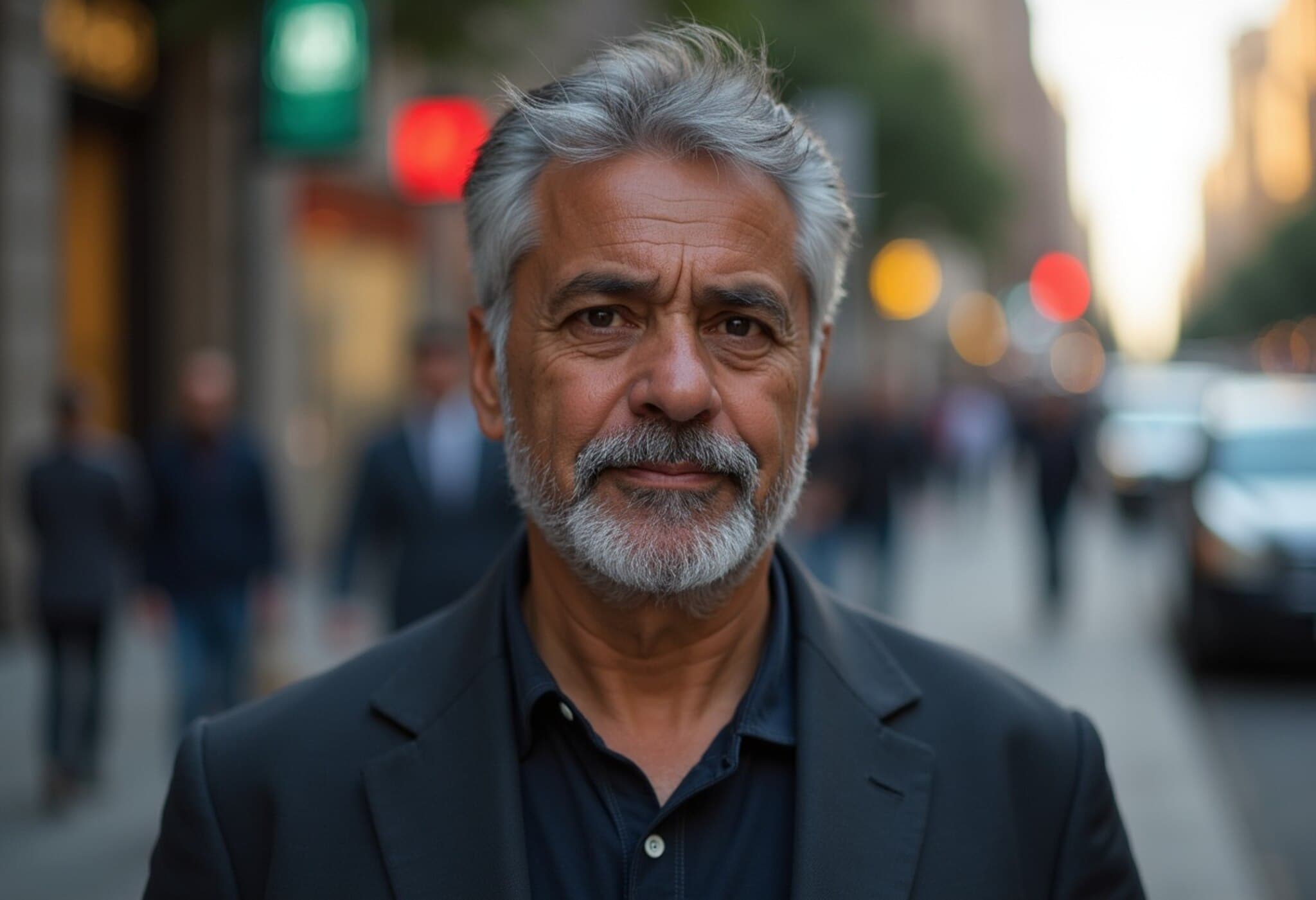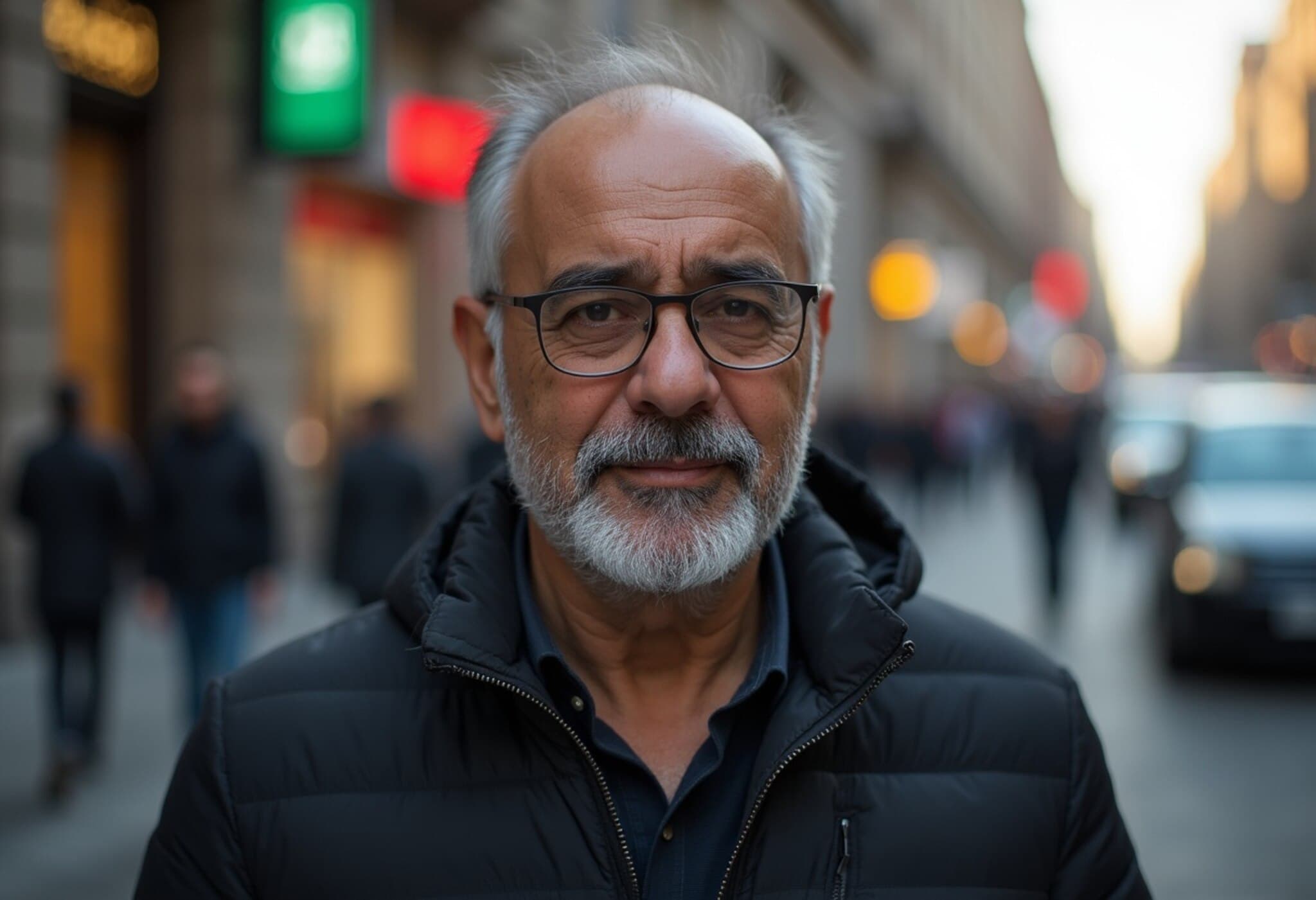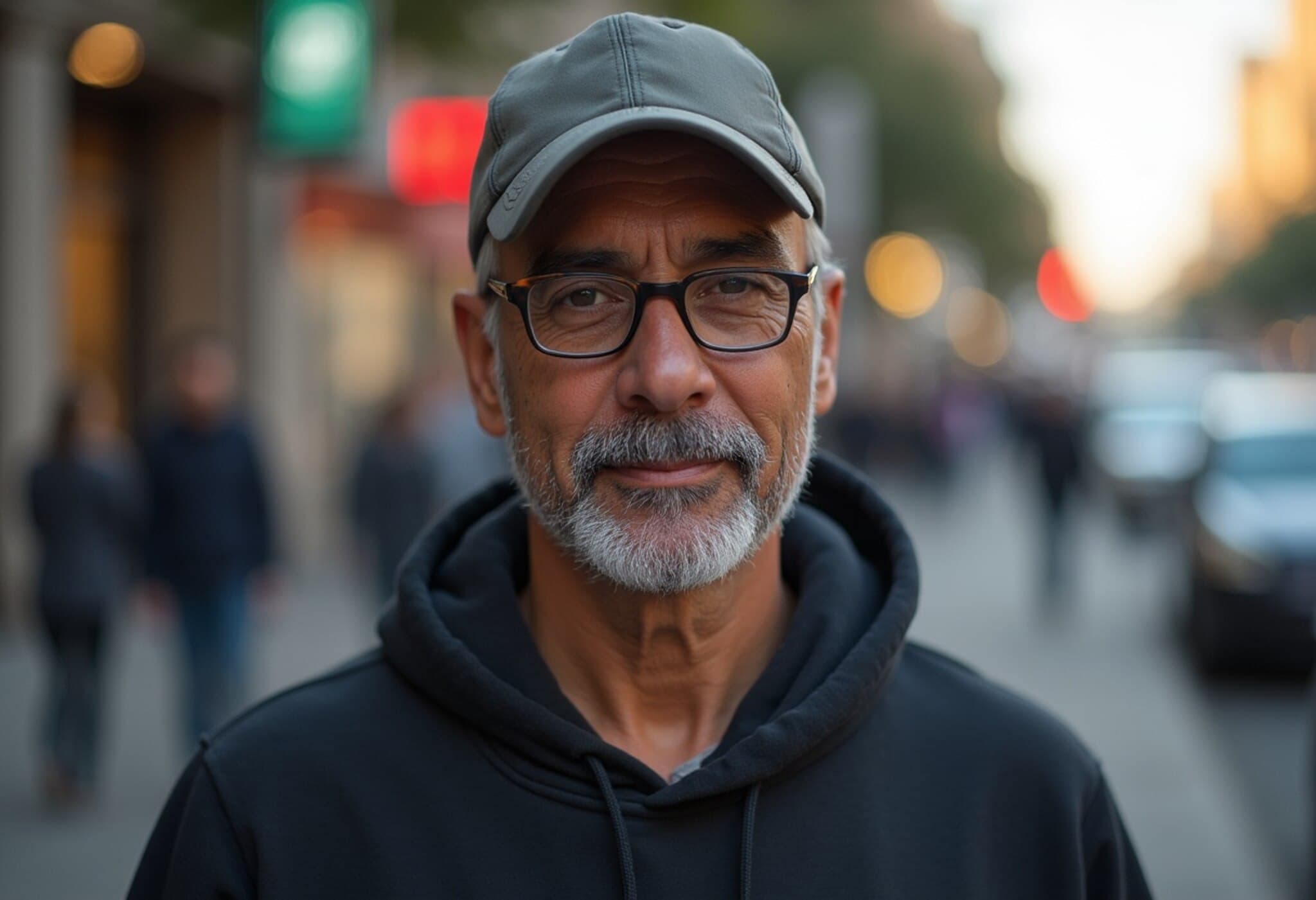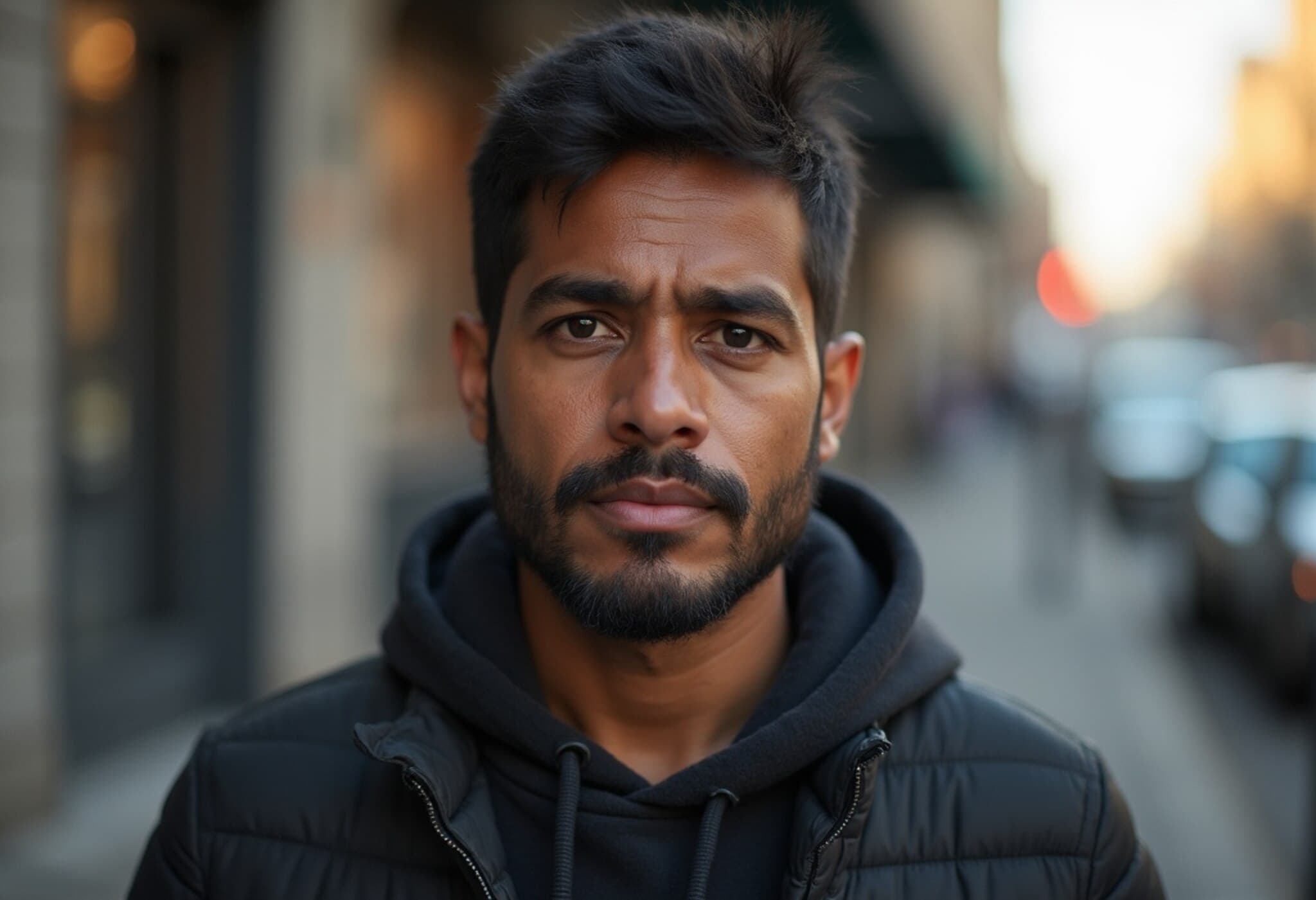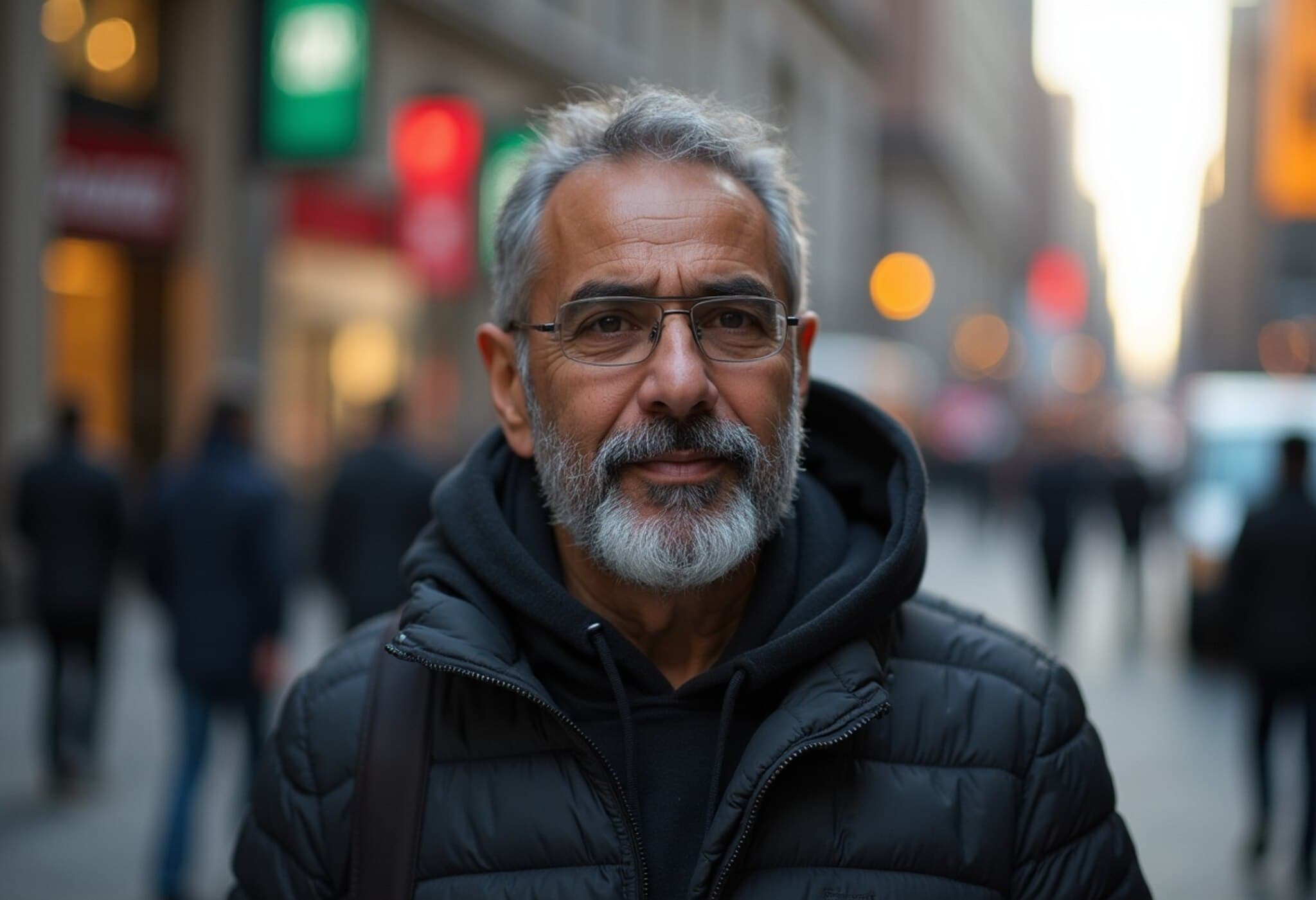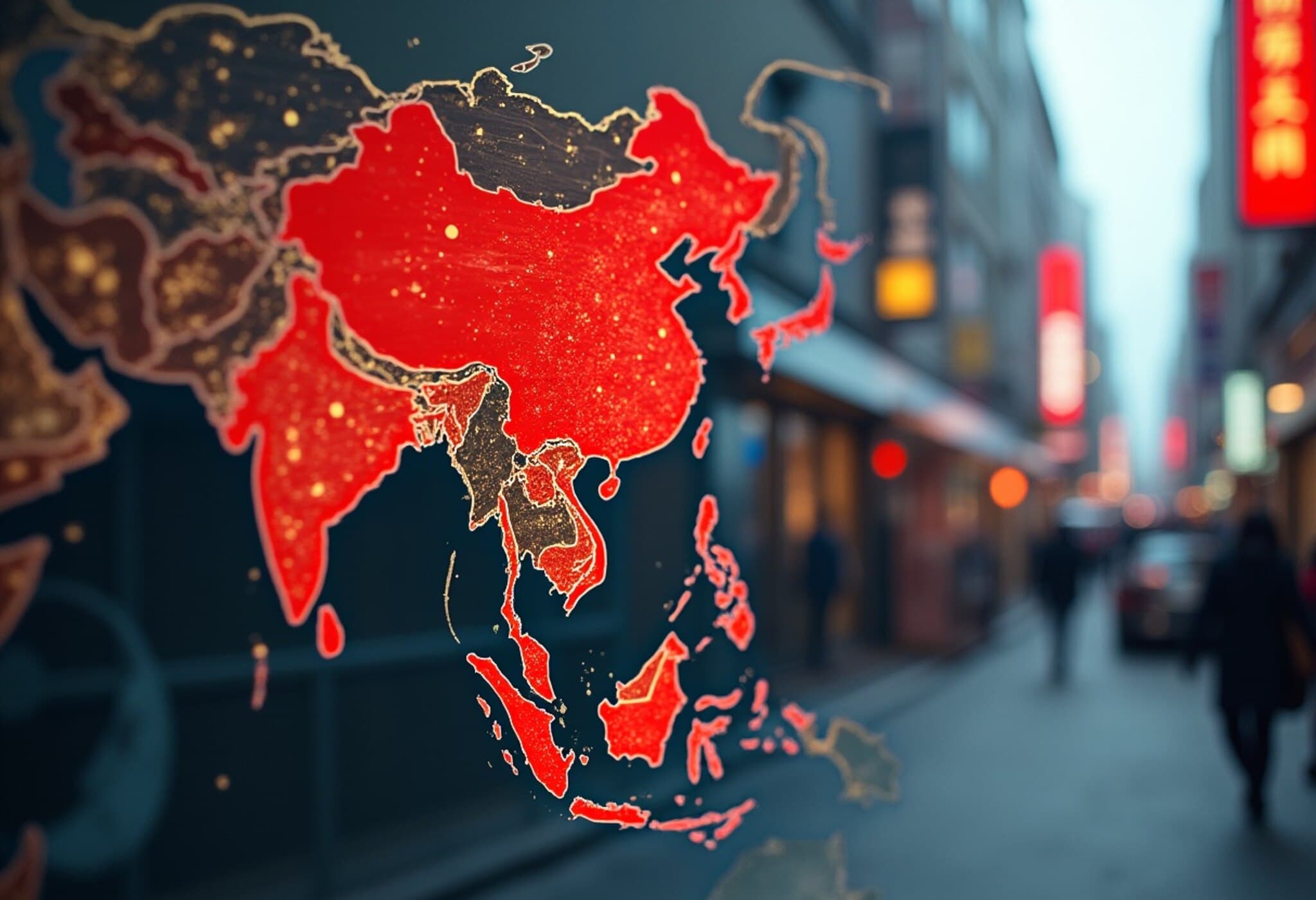Arpineh Masihi: A Story of Complex Loyalty Amid Immigration Enforcement
Arpineh Masihi, a 39-year-old Iranian-American mother of four, has lived most of her life in California. From her suburban home in Los Angeles County, she openly displayed her support for former President Donald Trump, proudly flying a Trump flag and surrounding herself with MAGA merchandise. Despite her immigrant background, she embraced Trump’s tough immigration stance, optimistic about his campaign promises to deport criminal elements and restore America’s greatness.
The Unexpected ICE Raid
Yet earlier this summer, her loyalty was tested under dramatic circumstances. On June 30, ICE agents showed up at Arpineh’s door in the middle of breakfast, serving a deportation warrant. The shock of the moment was undeniable for the family, used to hearing warnings about immigration raids but never imagining it would hit so close to home. Even then, Arpineh remained steadfast in her support. Speaking from the Adelanto immigration detention center, she told reporters, “He’s doing the right thing because lots of these people don’t deserve to be here... I will support him until the day I die. He’s making America great again.”
Past Conviction and Current Humanity
Arpineh's story is layered and nuanced. She moved to the U.S. as a toddler and grew up in the vibrant, diverse Iranian diaspora of Southern California, where neighborhoods like West Los Angeles—popularly nicknamed “Tehrangeles”—boast the largest Iranian communities outside of Iran.
In 2008, Arpineh was convicted of burglary and grand theft, serving two years in prison. Consequently, her Green Card was revoked. However, a judge ruled she couldn’t be deported to Iran due to the persecution risks she faces as a Christian Armenian Iranian, a minority often targeted in the region. Since then, she has rebuilt her life—running a business, volunteering locally, and raising her U.S.-born children.
Her husband Arthur Sahakyan emphasizes that the family views her past mistakes with compassion rather than condemnation. “We all make mistakes,” he said, noting her community contributions, such as volunteering efforts and kindness towards police and firefighters.
Family Impact and Community Reaction
The ICE raid reverberated shock and concern throughout their community. While most detainees in Los Angeles tend to be Mexican nationals, recent Department of Homeland Security data reveals immigration authorities have expanded detentions to individuals from numerous countries. Within the Iranian-American community, Arpineh’s situation has stirred anxiety, illustrating the broad sweep of immigration enforcement in this era.
During her arrest, ICE agents allowed Arpineh to say goodbye to her children, ages 4 to 14, gently agreeing not to handcuff her in front of them. Arthur recalls the bittersweet moment, saying, “She came outside like a champion and said, 'Here I am.'”
Life Inside Detention—and Hope Beyond
Initially held in a downtown Los Angeles ICE facility notorious for overcrowded and harsh conditions, Arpineh described the experience as dehumanizing, with minimal food and freezing temperatures. After three days, she was moved to the privately-managed Adelanto facility, which, while an improvement, still poses significant daily challenges.
Despite these conditions, she remains optimistic and loyal to Trump’s vision, insisting that she is not deportable to any country and expressing hope the system will work fairly. However, precedent cases, including the February deportation of Iranian Christians not to Iran but Panama, underscore the uncertainties detainees face.
Arpineh’s family stays connected through frequent calls, while her older children grasp the gravity of the situation and the youngest anxiously awaits her return.
Expert Perspectives and Broader Implications
This story underscores the complex human dimensions behind immigration enforcement policies. While former President Trump’s administration made immigration crackdown a central pillar, the consequences ripple deeply into immigrant communities—particularly those with complicated legal statuses and histories.
Arpineh’s case raises critical questions about balancing public safety, humanitarian concerns, and immigrant contributions. How do policies reflect the realities of people who made past mistakes but have since integrated as law-abiding, contributing residents? Her unwavering political support, paradoxically, also challenges prevailing narratives that associate immigrant communities strictly with opposition to hardline immigration policies.
From a policy standpoint, cases like Arpineh's call for nuanced frameworks recognizing the diversity within immigrant populations, ensuring enforcement is just, humane, and aligned with broader societal values.
Conclusion: A Family’s Struggle Amid Broader Debates
For Arpineh and her family, the experience throws open the raw emotions and tensions surrounding immigration in America—hope, fear, loyalty, and identity all tangled within a single household. It’s a poignant reminder that immigration stories often transcend politics, reflecting deeply personal journeys.
Arpineh Masihi’s case spotlights the ongoing complexities in U.S. immigration enforcement—highlighting how past legal missteps interact with present realities and political loyalties. As immigration remains a contentious topic on the American political landscape, stories like hers urge policymakers, communities, and citizens alike to engage with empathy, understanding, and a commitment to justice beyond rhetoric. Readers are encouraged to consider: How can immigration policies better balance security concerns with the humanity and contributions of long-term immigrant residents?




